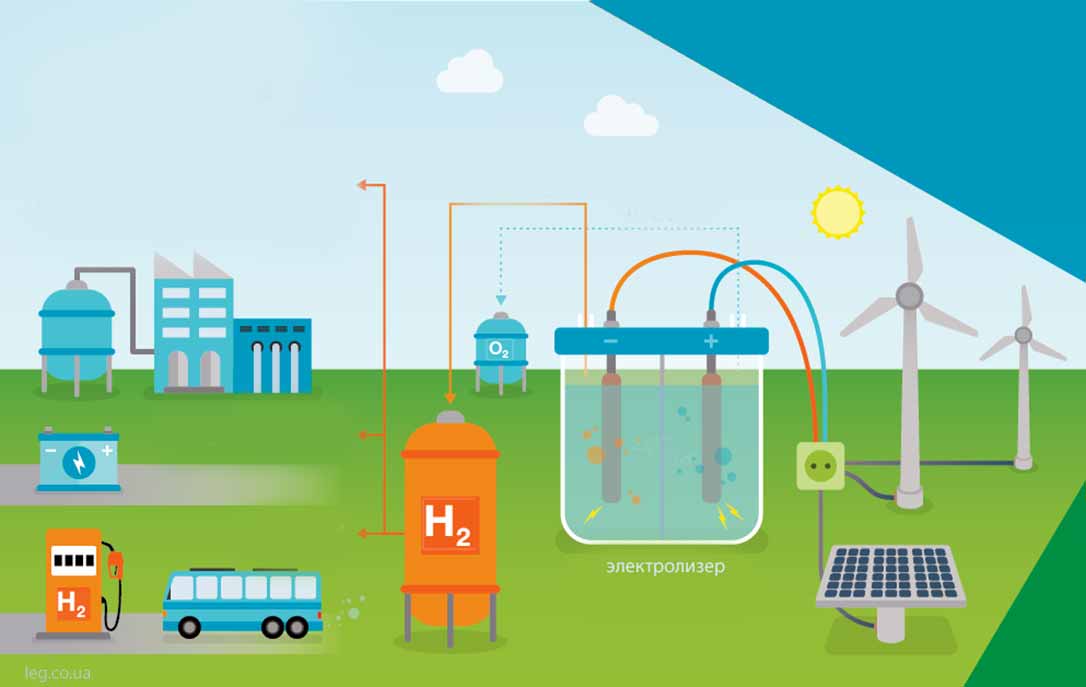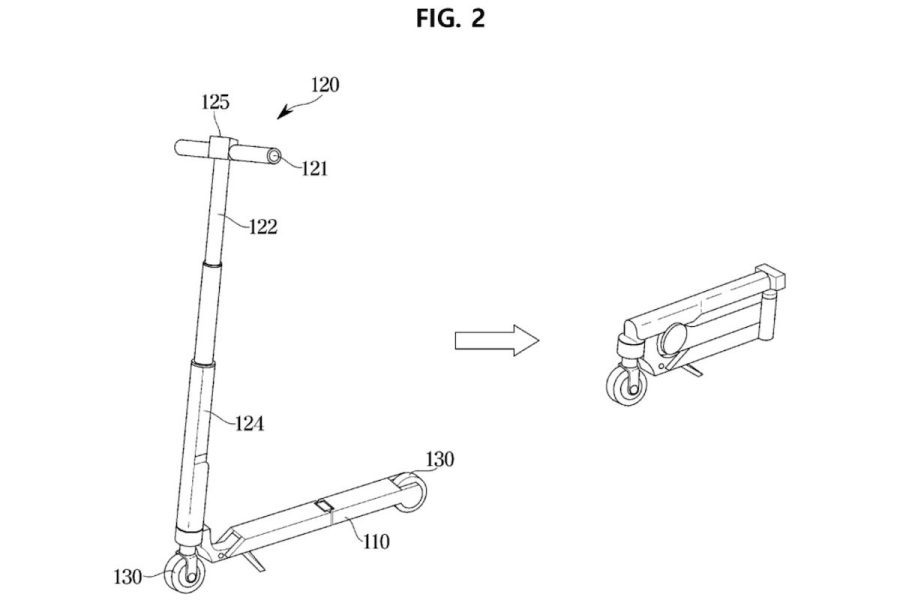
Hydrogen and low carbon hydrogen
Content
Green or Decarbonated Hydrogen: What Does It Change Compared to Gray Hydrogen
Classified as renewable energy versus fossil fuels
While countries around the world strive to reduce their polluting emissions, the use of various types of energy is being scrutinized, especially through renewable energy sources (hydraulic, wind and solar), but not only.
Thus, hydrogen is often presented as a renewable energy source with a bright future for several reasons: fuel efficiency relative to gasoline, abundant resources, and lack of polluting emissions. It is also seen as an energy storage solution as the network of pipelines transported by it begins to develop (4500 km of dedicated pipelines worldwide). This is why it is often viewed as the fuel of tomorrow. In addition, Europe is investing a lot in it, like France and Germany, which have launched plans to support the development of hydrogen at a cost of 7 billion euros and 9 billion euros each.
However, hydrogen is far from unknown. While it is not currently used on a large scale as a fuel cell fuel in electric vehicles, it is widely used in industrial applications. It is even a key element for certain operations such as refining or desulphurization of fuels. He also works in metallurgy, agribusiness, chemistry ... In France alone, 922 tons of hydrogen are produced and consumed annually for a world production of 000 million tons.
Historically extremely polluting hydrogen production
But now the picture is far from idyllic. Because if hydrogen does not pollute the environment, it is an element that is not found as it is in nature, even if several rare natural sources have been found. Therefore, it requires a specific production, in a process that is therefore very polluting for the environment, as it emits a lot of CO2 and in 95% of cases is based on fossil fuels.
Today, almost all hydrogen production is based either on the evaporation of natural gas (methane), the partial oxidation of oil, or on the gasification of charcoal. In any case, the production of one kilogram of hydrogen produces about 10 kg of CO2. In terms of the environment, we'll be back, as the level of global hydrogen production (63 million tonnes) thus generates the equivalent of CO2 emissions from all air travel!
Electrolysis production
So how can this hydrogen be good for air pollution if it only displaces pollution upstream?
There is another method for producing hydrogen: electrolysis. Fossil energy production is then called gray hydrogen, while water electrolysis production produces low or low carbon hydrogen.
As the name suggests, this manufacturing process allows hydrogen to be produced while limiting its carbon balance, that is, without the use of fossil energy and with few CO2 emissions. This process here requires only water (H2O) and electricity, which allows dihydrogen (H2) and oxygen (O) particles to dissociate.
Again, hydrogen produced by electrolysis is "low carbon" only if the electricity that powers it is also "carbonated".
Currently, the cost of producing hydrogen by electrolysis is also much higher, about two to four times higher than that of steam generating, depending on sources and research.
Fuel for tomorrow's cars?
It is this carbon-free hydrogen that is being promoted by the French and German development plans. Initially, this hydrogen should meet the needs of the industry and also offer a high mobility alternative for which batteries are not an option. This applies to rail transport, trucks, river and sea transport, or even air transport ... even if there are advances in terms of solar aircraft.
It must be said that a hydrogen fuel cell can power an electric motor or charge a battery associated with it with greater autonomy during refueling in a few minutes, just like with an internal combustion engine, but without emitting CO2 or particles and only water vapor. But then again, since production costs are higher than the costs of refining gasoline and engines, which are currently much more expensive, the hydrogen fuel cell is not expected to grow rapidly in the short term, even though the Hydrogen Council estimates This fuel could power 10 to 15 million vehicles in the next decade.
